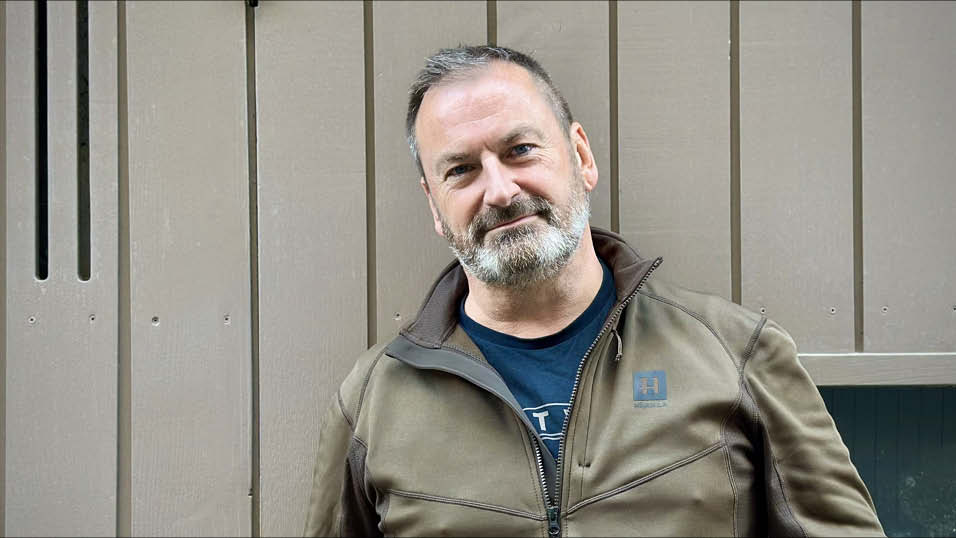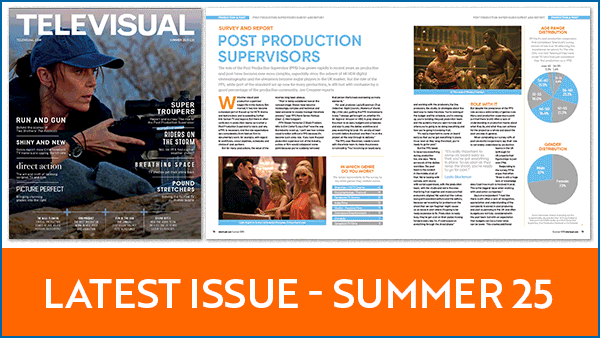New research has found that many of those working in post production “have their human rights impacted in a range of troubling ways.”
The research was conducted by the TV Industry Human Rights Forum in partnership with the Film and TV Charity, and with support from Creative Diversity Network, together with post production consultancy from Emma Butt. Current members of the TV Industry Human Rights Forum are BBC Studios, Channel 4, ITV, Sky and NBC Universal.
The research, which used existing data sets and involved in-depth interviews with 28 individuals, found evidence of “systemic issues” across all aspects of post production, including exploitative working practices, significant detrimental impacts on health, safety and family life and impediments to diversity.
Examples detailed in the report, titled “Let’s fix it in post: why broadcasters and production companies can and should address human rights risks in post production” include:
- Illegal and barely legal practices related to contracts, payment terms, health & safety regulations and reasonable adjustments
- A bullying and blame culture as a consequence of unclear lines of accountability, conflicting hierarchies and conflicting priorities
- Significant impacts on the health, safety, and the family lives of workers, such as being unable to establish and maintain relationships with family and friends
- Unacceptable working conditions, including excessive working hours, a lack of rest days, insufficient breaks, a lack of daylight and working in small, dark and airless rooms
- A lack of warning about traumatic or sensitive content or any support in handling such content
Report author Amelia Knott of the TV Industry Human Rights Forum said, “The situations described appear to have become so normalised in the sector that many have not recognised the extent to which the conditions they tolerate amount to significant human rights harms.”
The report identifies a lack of understanding about post production processes among many of those working in commissioning and in productions as one root cause of the issues, leading to insufficient budgets, impossible schedules, a lack of transparency and poor communications. In particular, the report highlights demands for post production work that is cheap, fast and high quality; the associated purchasing practices of commissioners and productions, including: unrealistic schedules; late notes, approvals and decisions; poor communication; and late payments; and the failure to require, budget for and monitor practices of post production suppliers, instead tending towards the lowest bidder rather than rewarding those suppliers with good working conditions in place.
The report concludes that some of the costs of a production are borne by individuals least able to afford it, who end up providing their labour below cost or for free.
It calls on broadcasters and production companies to increase the understanding of post production processes among commissioners and production teams, to reset expectations on the way budgets and time are allocated and to change their own practices in order to incentivise and enable better working conditions so that the post production industry, and wider TV sector, can thrive.
Marcus Ryder, Chief Executive of the Film and TV Charity, said, “At the Film and TV Charity, we see the impact on individuals that poor working conditions and practices create – both in terms of significant mental health impacts, financial precarity and a wide-ranging effect on diversity in the industry. We urge all film and television media organisations to review their working practices, and those of third-party suppliers, when it comes to post production, and we’d encourage them to act on the report’s recommendations.”
Emma Butt, Post Production Consultant on the research and freelance Sound Editor, said “For years, I and others have been working behind the scenes to engage in conversations with people at all levels about the poor conditions we often work under, their impact on our mental health and the negative impact they have on the lack of diversity and inclusion across post. I hope at least some of the recommendations in this report are embraced to create a more sustainable and inclusive post sector.”
To read the full report and executive summary, please visit www.tvhumanrights.org/research-postproduction.
Jon Creamer
Share this story

















